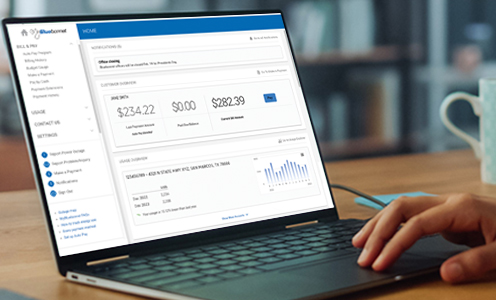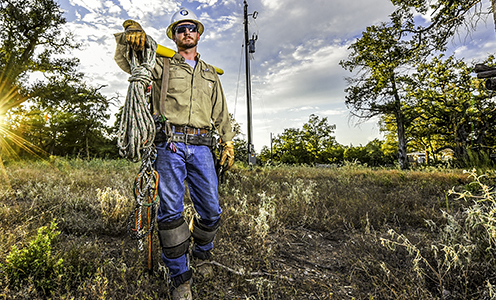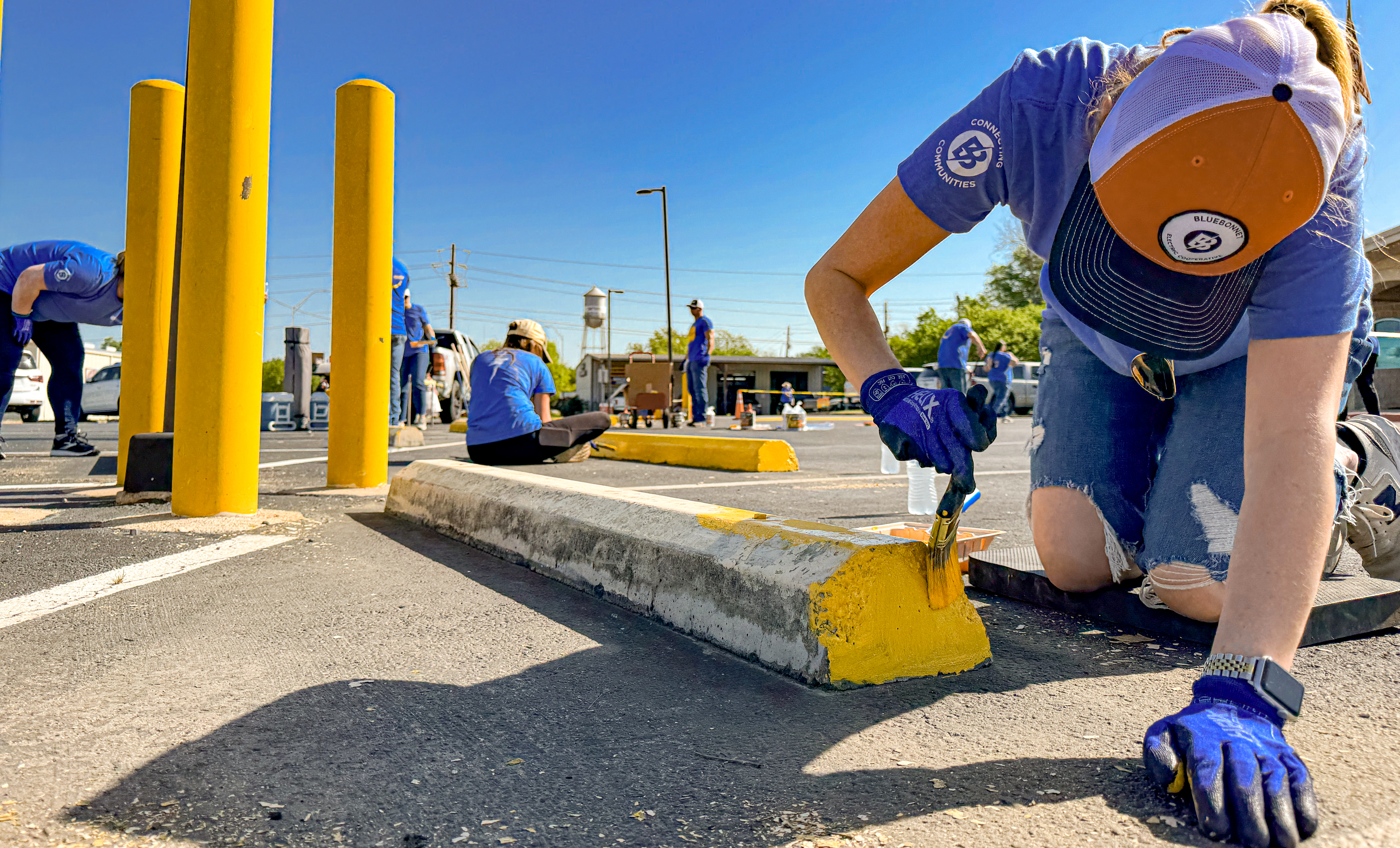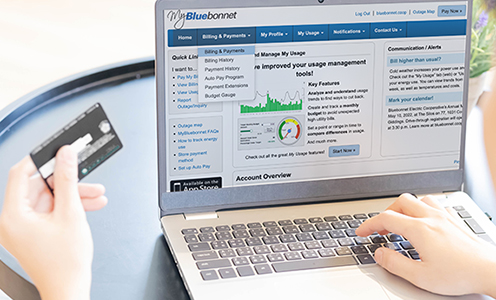Spring energy tips
Ideas for keeping your energy costs down as the temperatures heat up

Test your energy-saving knowledge and determine areas where you need improvement
Use windows for cool air and to keep the heat out:
- The Bluebonnet service area typically gets cooler at night during the spring months. Use those cooler temperatures to your advantage! Open windows at night and let the night air cool your home instead of your HVAC or cooling system
- During sunny days, make sure you have window coverings that prevent heat from the sun from coming through your windows and heating your home
Check your thermostat use:
- Set your thermostat at high as comfortably possible during the springtime. The lower the difference is between the indoor and outdoor temperatures, the lower your overall bill will
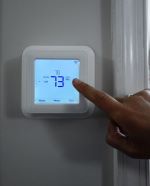 be
be - Keep you home warmer when you are away and then lower to 78o when you are home
- Avoid setting your thermostat at a significantly cooler temperature when you turn on your air conditioner. It will not cool your home any quicker and could result in issues with your HVAC system
Use fans and ventilation to your advantage:
- If you use air conditioning, a ceiling fan will allow you to raise the thermostat about four degrees with no compromise in comfort
- Turn off ceiling fans when you leave the room. Fans cool people, not rooms, by creating a wind chill effect.
- When taking a shower or bath, use the bathroom fan if you have one. This will remove heat and humidity from your home. If you wash your laundry with warm or hot water, your laundry room might also benefit from a ventilation fan. And ensure your ventilation fan is blowing outside and not into your attic.
Make sure your cooling system is efficiently running:
- Spring is an excellent time to schedule maintenance for your cooling unit before it gets too hot outside
- Try not to place TVs or lamps near your thermostat. This will cause more heat around it and register the temperature in the house higher than it really is in the rest of the space
Avoid heating your home with large appliances:
- As temperatures rise, reduce the use of the oven or stove. Microwaves, slow cookers, instant pots and grilling are all good alternatives.
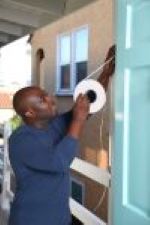
- Wash only full loads of dishes and laundry. Consider air drying dishes and laundry, especially heavier items like bed coverings and towels.
Keep air from leaking into and out of your home:
- Seal cracks and openings in windows and doors to prevent warm air from leaking into your home
- Add caulk or weatherstripping to seal leaks
